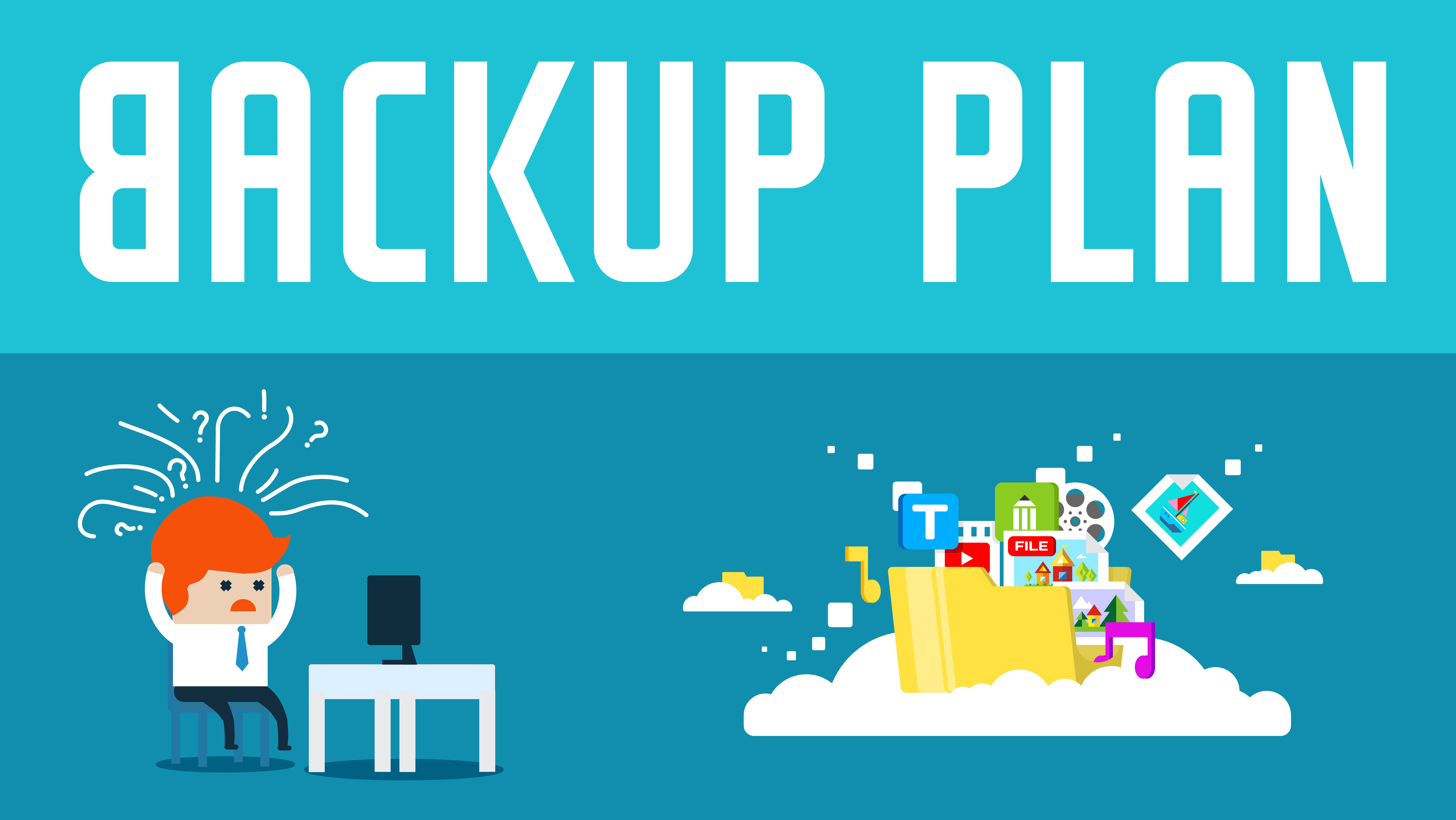Article
Protect Your Files and Data With This Bulletproof Backup Plan

- September 22, 2017
- Updated: July 2, 2025 at 6:46 AM

With growing cyber threats like ransomware, it has never been more important to back up your data, and fortunately, it has also never been easier to do so. Let’s go through the basics of setting up a bulletproof backup to protect against data loss.

3-2-1
The 3-2-1 backup plan involves having three copies of the data that needs protecting:
- The original copies
- A backup on a physical external hard drive
- A virtual backup on a cloud-based storage service
With the 3-2-1 backup plan in place, the data will be safe from all but the most apocalyptic of events.
Physical Hard Drives
There are many options available that range in price, size, and storage capability:
- Desktop USB external hard drives offer the most cost-effective solution. About 4TB of space will cost about $100.
- Portable hard drives cost a little more but are smaller and do not require their own power supply.
- USB pens and SD cards are other, much smaller options, but their per-GB cost is a lot higher.
Cloud-Based Storage
It is easier than ever to get set up with a cloud-based digital hard drive:
- Google Drive offers 15GB of free space.
- Google also offers subscription services for higher capacities; 100GB for $20 a year, 1TB for $100 a year or $100 a month for 10TB.
- Cheaper services, like Blackblaze, Carbonite and Crashplan, offer unlimited storage for around $60 a year.
What Needs Backing Up?
Everything?
Creating a system image using the Windows backup tool will capture absolutely everything on the PC, including the operating system and all the files.
- System images take up a lot of space.
- New images should be created at least every two months.
- It might be overkill and not totally necessary.
Back up the Important Files Only
There should be no need to back up all files, as the operating system and other programs should have backups already via their original hard copies. Personal files need backing up the most.
- All Windows PC users have dedicated user folders that contain all their personal data, including Contacts, Downloads, Documents, Desktop, Music, Pictures, Videos, Saved Games, and more.
- Backing up this dedicated user folder regularly will safeguard the most important data on the computer.
A Couple of Other Things to Remember
- Physical Hard Drives should be disconnected from the PC once the backup has completed.
- The backup process should be as simple as possible to ensure that it happens as often as possible. Services like Crashplan offer unlimited cloud-based storage and the ability to automate the backup process, both to the cloud and to the physical hard drive.
Patrick Devaney is a news reporter for Softonic, keeping readers up to date on everything affecting their favorite apps and programs. His beat includes social media apps and sites like Facebook, Instagram, Reddit, Twitter, YouTube, and Snapchat. Patrick also covers antivirus and security issues, web browsers, the full Google suite of apps and programs, and operating systems like Windows, iOS, and Android.
Latest from Patrick Devaney
You may also like
 News
NewsThe White House warned Apple, Nvidia, and AMD that Taiwan could be invaded by China in 2027
Read more
 News
NewsThere is only one sport that has true drama: Formula 1, and Netflix shows you that
Read more
 News
NewsThe alliance between Netflix and Warner is in danger: Paramount has a better offer
Read more
 News
NewsNew trailer of the fake reality show that has left half the world speechless
Read more
 News
NewsThe protagonist of 'Community' has a series you didn't know about… And it has just been renewed for a season 5
Read more
 News
NewsYou can now play for free on Steam the demo of this game visually like few you've seen
Read more